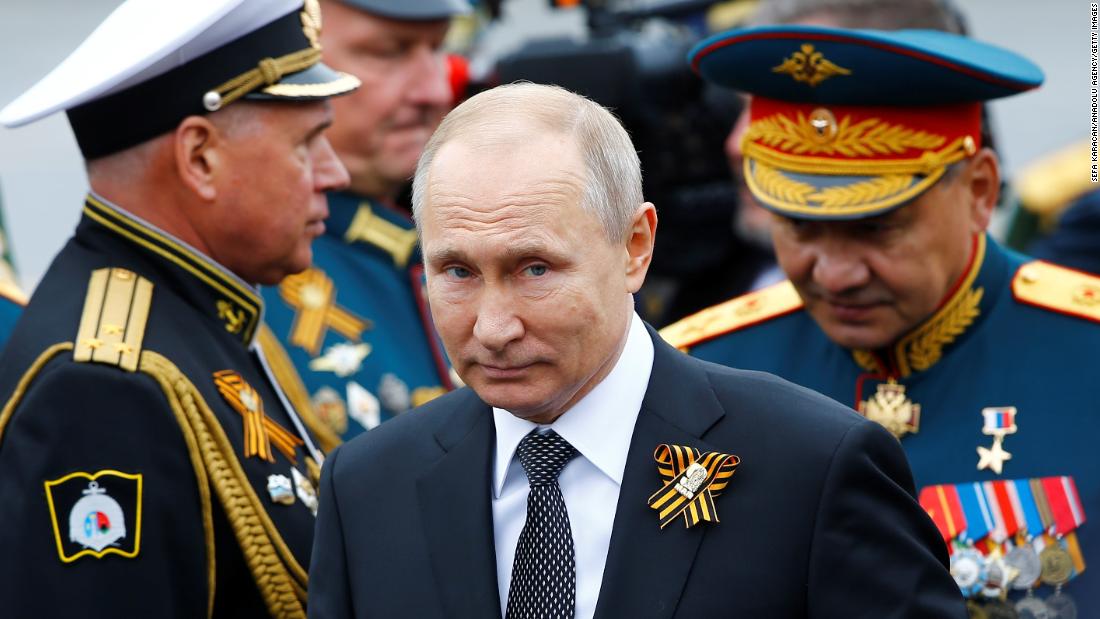
Putin has put himself at the center of Russia's Victory Day. But he has little to celebrate
CNN
President Vladimir Putin takes Russian anniversaries seriously. It was no coincidence that his invasion of Ukraine came a day after Defender of the Fatherland Day, a celebration of Russia's military achievements. It was on that same occasion in 2014 that Putin took the first step in annexing Crimea from Ukraine, through orchestrated pro-Russian protests on the peninsula.
The leader had clearly hoped to have more to celebrate by this Victory Day on Monday, the country's most patriotic of dates, marking the Soviet Union's role in defeating Nazi Germany in World War II. It was on May 8, 1945, (May 9 in Moscow's time zone) that Germany signed its Instrument of Surrender in Berlin, ending the fighting in Europe. The USSR suffered the biggest losses of any nation -- around 27 million soldiers and civilians died.
Russia's justification for war in Ukraine suggested a deadline for success by Victory Day. Putin and his government have repeatedly said the aim of their so-called "special operation" is to "denazify" Ukraine, and that freeing the country of Nazis is a matter of Russian survival. It's an argument that has no real weight; a blatant cover for Russian revanchism.

A number of Jeffrey Epstein survivors voiced their concern in a private meeting with female Democratic lawmakers earlier this week about the intermittent disclosure of Epstein-related documents and photos by Democrats on the House Oversight Committee, sharing that the selective publication of materials was distressing, four sources familiar with the call told CNN.












